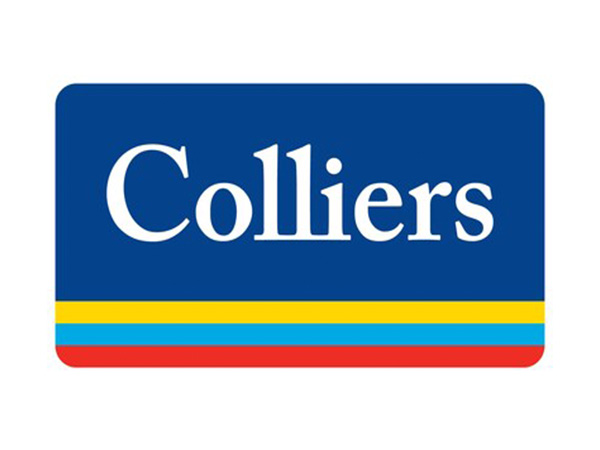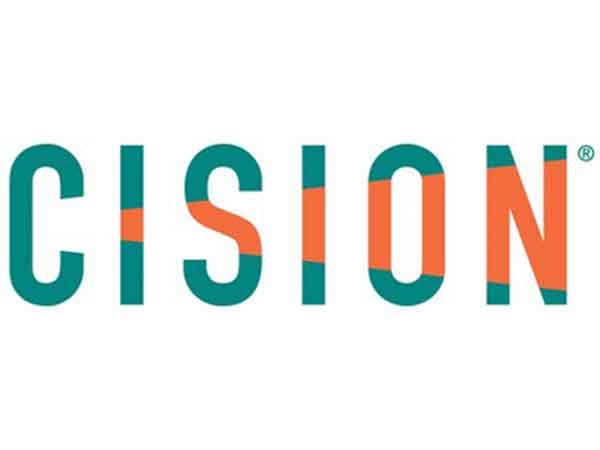Harvard University 'duels' President Trump
Apr 17, 2025

Massachusetts [US], April 17: Yesterday (April 16), President Trump threatened to deprive Harvard University of its tax-exempt privileges
According to Reuters, Harvard and other universities have been attacked by the Trump administration for their handling of student protests since last year against Israel's military operation in the Gaza Strip. Trump called the protests anti-American and anti-Semitic, accusing universities of promoting left-leaning ideology and threatening to cut federal funding for schools that do not comply with the government's demands.
Funding freeze
Through the Interdisciplinary Anti-Semitic Task Force (JTFCAS), the U.S. government recently asked Harvard University to make nine changes, including banning
In response, Harvard University President Alan Garber issued a statement refusing to comply, arguing that the requirements violated the university's academic freedom and autonomy. Garber said Harvard would defend its "core values" as a private institution. "No government, regardless of which party is in power, is allowed to direct private universities how they teach, who they can recruit and which fields of study they can pursue," Garber wrote.
Then, on April 14, the White House froze $2.2 billion in long-term funding for Harvard and $60 million in research contracts with the university, and threatened to cut nearly $9 billion more in funding if the university did not comply with the requirements. White House press secretary Karoline Leavitt said on April 15 that President Trump wants Harvard University to apologize for allowing "anti-Semitism to happen on campus, against American Jewish students."
Garber said Harvard has made efforts to combat anti-Semitism and other prejudices on campus while defending academic freedom and the right to protest. A group of Harvard professors sued the Trump administration in federal court in Ho Chi Minh City. Boston, accused of violating First Amendment rights to freedom of speech and academics, while several other major private schools have declared their support for Harvard.
Main source of revenue
Harvard is the oldest private university in the United States, but federal funding accounts for the majority of the university's revenue, in addition to donations from alumni, benefactors, and charities.
According to the university's announcement, in fiscal year 2024, Harvard University will receive about $686 million from federal agencies, accounting for about 11% of the university's total revenue of about $6.5 billion and 68% of total revenue from funding sources. Of that $686 million, funding from the National Institutes of Health (NIH) under the Department of Health and Human Services accounted for the majority ($488 million). Many NIH affiliates, such as the National Cancer Institute, the National Institute of Mental Health, and the National Institute of Allergy and Infectious Diseases, fund dozens of Harvard research centers.
Federal funding accounts for two-thirds of total spending on research funded at Harvard, particularly in areas such as medicine, engineering and science.
According to The Washington Post, prominent research projects funded include research on obesity, organ transplantation, cancer and neurodegenerative diseases at the Harvard T.H. Chan School of Public Health; studies related to artificial intelligence, quantum science, and engineering at the School of Engineering and Applied Sciences (SEAS). A prominent example is a team at Massachusetts General Hospital (part of Harvard Medical School) that performed the world's
Federal grants also support research labs, procure equipment, and pay researchers and support staff. According to Harvard President Alan Garber, without federal funding, existing research projects would be disrupted and the school would not be able to carry out new research projects that would bring great benefits to society
Although Harvard University has the largest endowment fund in the United States, at $53.2 billion as of 2024, using this fund to replace federal funding is not feasible because 70% of the fund is bound by donor terms for specific programs, and the use of the fund could reduce resources for other goals such as student financial aid Recently, the university promoted a $750 million loan from Wall Street in response to a move from the White House
Source: Thanh Nien Newspaper









